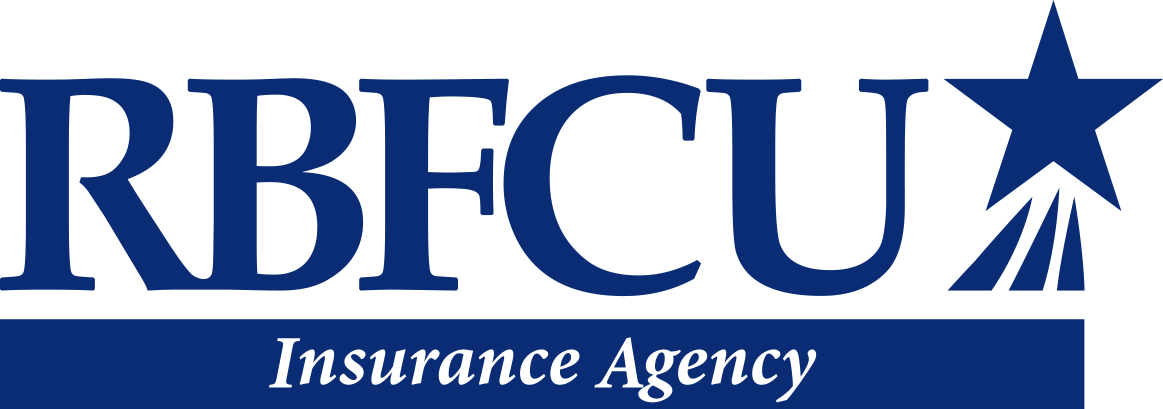Responding to Disaster: Earthquakes and Land-Moving Events
Earthquakes are increasingly common in Texas, and other land-moving events are possible, too. In the event that you’ve experienced such a disaster, RBFCU Insurance Agency has insights to share.
.jpg?sfvrsn=88afb2a8_4)
Earthquakes, sink holes and rock or landslides. In the past, one might have associated those occurrences with other states, such as California or Florida. Yet the rising number of regional earthquakes coupled with the possibility of other land-moving events do present a risk to home and auto owners.
If you find yourself addressing damage from a minor or major disaster, trust that you have our compassion and concern. Again, we also have the following tips to share.
The role your insurance provider plays now
Among the most important points for us to convey? Your insurance provider — or the company to whom you pay money for your home, auto or property coverage — is there to help you navigate a disaster’s immediate aftermath.
Alas, no insurance policy covers all conceivable disasters, and land-moving events are covered seldomly without a supplemental policy, if available in your geographic area. This is another reason it’s important to speak with your provider directly to determine how they may be able to help, based upon the policy you currently hold.
Yes, although your insurance agent or agency may be concerned about you and your personal well-being, it’s your provider who will walk you through those critical next steps to address needed repairs.
» Tip: Need shelter, food or safe water in the wake of a large-scale disaster? Contact the American Red Cross1 and watch or listen closely to local media, which may have additional resources to help.
Claims and recovery
Again, in the wake of an earthquake or other land-moving event, it’s important that you call your insurance provider as soon as possible to determine what your existing policy will cover.
If you are covered for the disaster you’ve experienced, this call will help expedite your insurance claim processing and potentially speed up the repair and recovery process.
Note that, if a major land event has occurred, it may take time to connect with your provider. The sooner you call, the earlier you’ll be on the list of visits your claims adjuster must make. Don’t delay!
You also may want to:
- Take photos and videos of the damage. Do NOT throw anything away until cleared by your insurance adjuster, also referred to as a claims adjuster.
- Make temporary repairs, if possible, to prevent further damage or for safety’s sake. Refrain from making permanent repairs, however, before your claims adjuster has seen the damage.
- Keep a list of repairs. Save all of your receipts. Document every call you have with your insurance company. And don’t forget to watch out for home improvement scams, too.
For additional disaster recovery tips, visit the U.S. Department of Homeland Security’s Ready.gov.2
Protect yourself from future earthquakes and land-moving events
If you’re reading this article with an eye to protecting your home, car or other personal property from earthquakes and land-moving events, here are some forward-thinking actions you can take:
- Keep exterior structures (e.g., carports, sheds, lawn furniture) secured in ways that lessen the risk that they could come apart or fall over.
- Secure heavy furniture and other large indoor items that could shift or become airborne.
- Create a disaster plan that includes supplies (e.g., food, medicine) and clearly identifies a place where family members agree to meet, in the event you were to become separated.
- Consider creating a digital file that includes contact numbers, including your insurance provider(s). This can be a useful resource if a disaster makes it difficult for you to access paperwork typically located in your home or auto.
- Learn how to select and hire a contractor as well as how to spot a home improvement scam.
About us
At RBFCU Insurance Agency, although there are limits on what we can do to help you in the immediate wake of a disaster, we are here to help you explore insurance coverage options (including providers and rates) so that you may be better prepared for future events or accidents.
To learn more about auto and personal property coverage options, request a quote or have us review your policy today.




.jpg?sfvrsn=b6afb2a8_4)